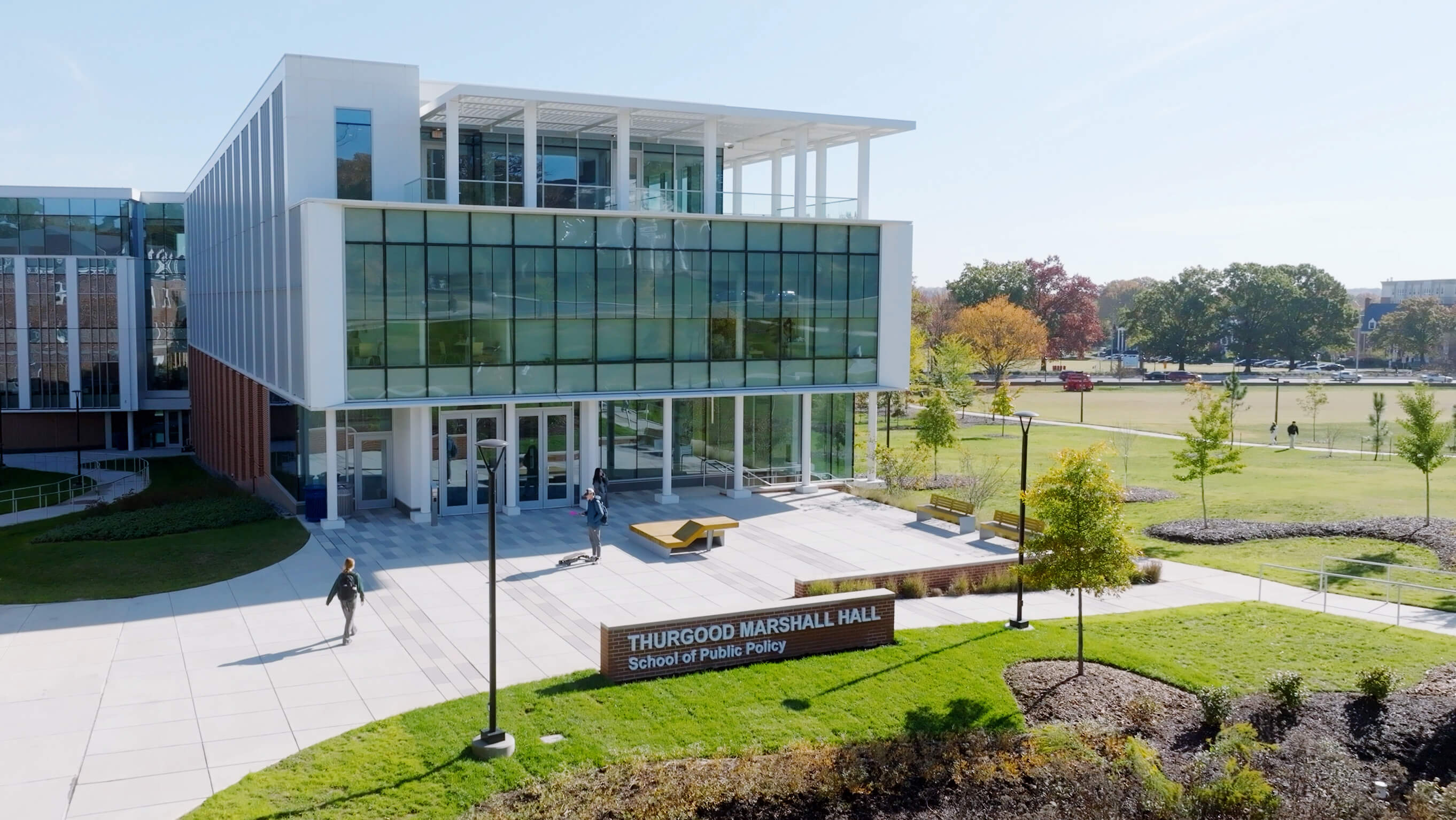
In 1994, Popular Mechanics speculated that the end of the Cold War had removed the final obstacle to “the last great engineering challenge” -- building a bridge between Siberia and Alaska. Today, American and Russian government officials are barely speaking, but SPP students taking International Security Policy with Professor Nancy Gallagher still use a bridge built over two decades ago to their peers at the Georgy Arbatov Institute of U.S. and Canada Studies (ISKRAN -- part of the Russian Academy of Sciences). They held two Zoom seminars this fall before and after the U.S. election to explore expectations, analyze campaign strategies, and predict how the results will affect international security. These candid and meaningful discussions give students new perspectives on governance, democracy, and the complexities of political systems, preparing them to be informed global citizens and effective security experts.
These CISSM-ISKRAN Zoom interactions continue a tradition of Track II dialogues between U.S. and Russian security experts that helped manage nuclear risks and reduce tensions when Washington and Moscow were at a low point during the Cold War. John Steinbruner, CISSM’s Director in the early 2000s, and Sergey Rogov, ISKRAN’s Director at that time, were long-time members of a Track II dialogue between American and Russian arms control experts that had helped improve superpower relations in the 1980s. They secured funding from the Nuclear Threat Initiative and the Carnegie Corporation of New York to integrate Track II discussions and other interactions into the curriculum of their respective institutions. Dr. Rogov, who is now the Academic Director of ISKRAN, underscored the importance of maintaining US-Russia dialogue to control and stabilize the relationship between the two countries. He noted that “Track II communication is especially valuable since it provides necessary analysis for government officials responsible for formulating state foreign policy.”
SPP students who participated in the pre-and post-election seminars were surprised that the Russian students demonstrated a remarkable grasp of the complexities of the U.S. electoral system, having studied it in more depth than some of the Maryland students had. The discussion delved deeply into the approaches employed by the Republican and Democratic parties to attract voters, dissecting the narratives, policies, and outreach methods each party utilized. Participants also debated the impact and purpose of the Electoral College. Some students from both countries viewed it as fundamentally undemocratic, while others tried to explain its historical origins and continued utility.
Finnoula Hartman, a first-year SPP student who helped organize the exchange of views, noted that "interacting with Russian students for the first time through the ISKRAN-SPP discussions gave me key insights into global perceptions of U.S. election processes and the implications to governance under a second Trump administration. This outside perspective is extremely helpful in recognizing the global effects of U.S. elections."
The Russian students also asked insightful questions about the media, noting the Trump campaign’s innovative use of popular podcasts to connect with broader audiences. Their inquiries reflected a keen interest in understanding the evolving dynamics of voter outreach and information dissemination in the digital age. This prompted discussion about the potential for political actors to weaponize disinformation and misinformation during elections.
Another major theme of the discussion was the accuracy and impact of polling in the U.S. elections. The Russian students were curious about why pre-election polls often fail to predict actual outcomes. This prompted a thorough exploration of polling methodologies, the potential biases involved, and how public perception of polling can differ from electoral realities, providing a rich learning experience for all participants.
The conversation naturally extended to political polarization in the United States. The Russian students raised thought-provoking questions about whether the growing political divide is affecting government institutions, such as the Supreme Court, and whether polarization poses long-term risks to American democracy. American students shared their concerns while also expressing hope about the resilience of democratic institutions to withstand these challenges.
During the first webinar, the Russian students asked whether the Maryland students thought that either candidate would accept the results if they lost the election. This prompted reflection in the second webinar about how Vice President Harris and President Biden had responded to Donald Trump’s victory. Participants agreed that was a reassuring sign of a healthy democratic process and a commitment to peaceful transitions of power. Some Russian participants also noted other indications that despite its challenges, the U.S. democratic system still appears robust. They pointed to high voter turnout, vibrant political competition, and society's active role in influencing government institutions as evidence of a functioning democracy.
The dialogue turned philosophical as students debated the broader value of democracy. American students emphasized that democracy is not solely about presidential elections but should also be recognized for its mechanisms that enable grassroots and local engagement. They argued that democracy provides meaningful opportunities for citizens to participate in governance and effect change at multiple levels, affirming its enduring importance. They underscored the importance of midterm elections, recognizing that while presidential elections often steal the spotlight, midterms play a crucial role in shaping the legislative landscape and determining the balance of power, making them equally significant for governance and policy.
Sarah Erickson, a first-year PhD student at SPP who was a Fulbright scholar in Russia, then completed a dual-degree MA program offered by the Middlebury Institute of International Studies at Monterey and the Moscow State Institute of International Relations, observed that compared to her previous educational and professional exchanges with Russian students, “this exercise seemed exceptionally important. The current geopolitical tensions alone make cross-cultural experiences difficult to coordinate, but on top of that we approached a current topic that is politically sensitive for many. Yet what came out of these meetings was a mutual respect and a willingness to learn and listen. That I think is more important now than ever."



